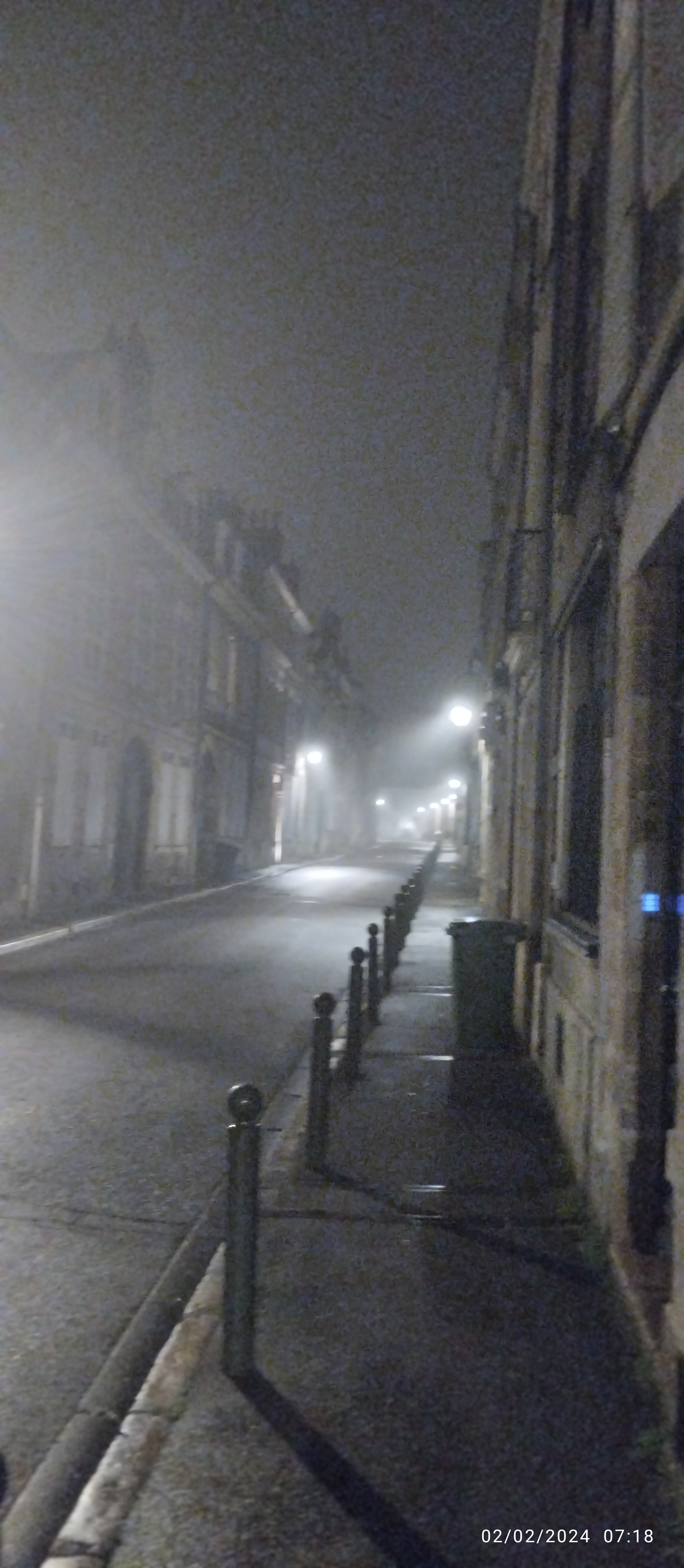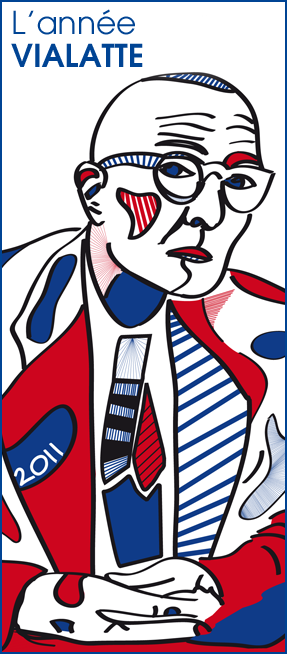Centre de Recherche en Informatique de l'Université Paris 1 Pantheon-Sorbonne has the honor of inviting you to the talk of *David Harel*: *"Computers are Not Omnipotent"* *Monday, 2 February 2015, 10h, ** **Address: Centre Pantheon (12, place du Pantheon), Salle 1.* --------------------------------------------------------------------- To register for the talk, please, send an *e-mail with subject [Talk Harel]* to irina.rychkova@univ-paris1.fr --------------------------------------------------------------------- *Abstract*: In 1984, TIME magazine quoted the chief editor of a certain software publication as saying: "Put the right kind of software into a computer, and it will do whatever you want it to. There may be limits on what you can do with the machines themselves, but there are no limits on what you can do with software." This talk will survey results obtained over the last 80 years by mathematicians, logicians and computer scientists, which disprove this ignorance-based statement in a sweeping and fundamental way. We shall discuss problems that are provably non-computable, as well as ones that are hopelessly time- or memory-consuming (requiring far more time than has elapsed since the Big Bang, or requiring a computer would not fit into the entire known universe). Time permitting, we will also take a somewhat more amusing look at these facts, and relate them to the (im)possibilities of true artificial intelligence. The topic is very closely linked to some of Alan M. Turing's most important work. ----------------------------------------------------------------------- *Short BIO of the speaker:* David Harel is a pioneer in the field of computer science. During his academic career, he worked in several areas of computer science, including computability, logics of programs, automata theory., software and systems engineering, object-oriented analysis and design and visual languages. Over the past 30 years Harel made a number of contributions bridging the gap between informal system descriptions and executable programs. He is widely known as an inventor of statecharts -- a visual modeling language for complex discrete event systems. He is also a co-inventor of live sequence charts (LSCs), the idea of reactive animation (2002) and behavioral programming (2010) - the fast growing area of computer science. David received a PhD from the Massachusetts Institute of Technology (MIT) in 1978. He is an author of more then 250 scientific publications, including 10 books. Since 1980 he has worked at the Weizmann Institute of Science in Rehovot, Israel, where he held the positions of department head and dean of the Faculty of Mathematics and Computer Science. His awards include the ACM Karlstrom Outstanding Educator Award (1992), the Stevens Award in Software Development Methods (1996), the Israel Prize (2004), the ACM SIGSOFT Outstanding Research Award (2006), the ACM Software System Award (2007), the ACM SIGSOFT Impact Paper Award (2008), the Emet Prize (2010) and the ABZ Platinum Gold Medal from ETH Zurich (2013). He has received honorary degrees from the University of Rennes (2005), the Open University of Israel (2006), the University of Milano-Bicocca (2007), the Technical University of Eindhoven (2012) and Bet Berl College (2014). He is a Fellow of the ACM (1994), the IEEE (1995), and the AAAS (2007), and is a member of the Academia Europaea (2006), the Israel Academy of Sciences and Humanities (2010), the US National Academy of Engineering (2014), and the American Academy of Arts and Sciences (2014).
Le Maroc impose peu à peu sa voix sur le marché du doublage en français
-
Longtemps cantonnés à des productions destinées à l’Afrique francophone et
à l’outre-mer, les studios du royaume commencent à se frayer un chemin vers
l’He...
Il y a 4 heures











Aucun commentaire:
Enregistrer un commentaire